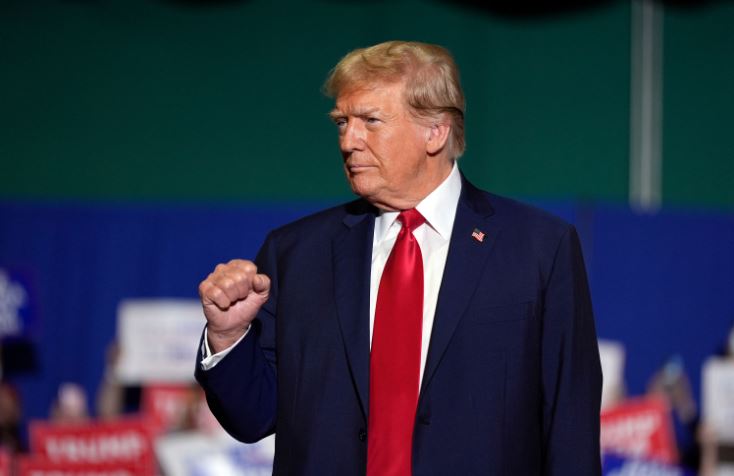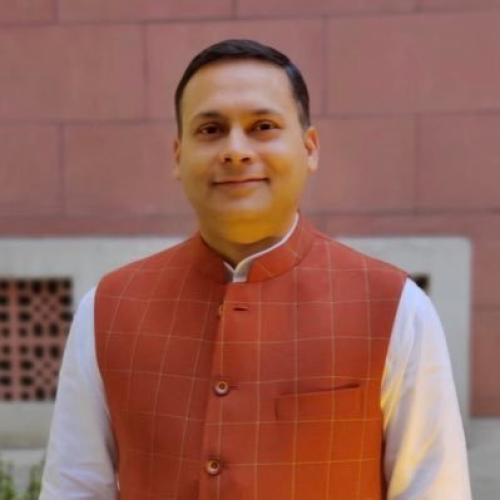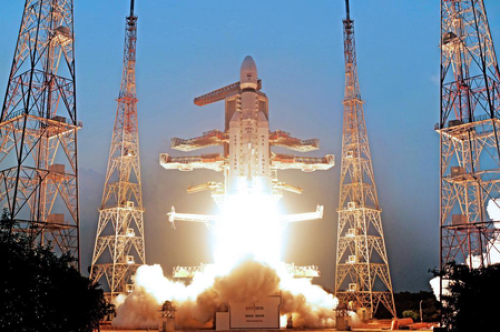New Delhi: As Donald Trump intensifies his push for an 'America First' policy, world leaders are gearing up for two pivotal global meetings this month that will focus on the shifting landscape of international trade, security, and alliances. The first of these summits, the Asia-Pacific Economic Cooperation (APEC) summit, will take place in Peru from November 15 to 17, 2024. Following this, the Group of 20 (G20) summit is scheduled for November 18 to 19, 2024, in Rio de Janeiro, Brazil. These high-profile gatherings come at a time when Trump, fresh off a victorious re-election campaign, is preparing to reassert his influence on global affairs.
U.S. President Joe Biden, who will also attend the APEC and G20 summits, is expected to use these platforms to address growing concerns regarding Trump’s return to the White House. The looming question over the next Trump administration’s approach to international relations will be a central theme at both events, with a particular focus on trade and security issues. The APEC summit, which gathers leaders from 21 economies across the Asia-Pacific region, will offer an early glimpse into the diplomatic contours of Trump’s potential second term.
Victor Cha, a leading expert on geopolitics at the Center for Strategic and International Studies, commented on the significance of these summits in the context of Trump’s resurgence: “The APEC and G20 summits will primarily focus on one thing — what to expect from the next Trump administration. The question of how the world will handle his trade policies, alliances, and foreign strategy will be top of mind for many leaders.”
Biden, who is embarking on his final international trip as president, is expected to emphasize concerns about North Korea’s growing ties with Russia during his meetings with key counterparts. One of the most critical issues that is expected to dominate the discussions at the APEC summit will be the North Korean military's recent deployments to Russia, a move that has raised alarm in Washington and its allies. While Biden will seek to address these issues, much of the spotlight will inevitably fall on Trump’s expected policies and their implications for international trade relations.
The G20 summit in Brazil, coming just days after the APEC meeting, will see a broader array of global leaders gather to discuss pressing economic and security issues. With the world still reeling from the effects of the pandemic and ongoing geopolitical tensions, discussions are likely to focus on a range of issues, from climate change and economic recovery to security concerns in Europe and Asia. However, the presence of Trump and his influence on global policy will dominate the agenda. Trump’s first term saw him upend long-standing international agreements and foster a combative approach toward global trade, particularly with China, which was a major focal point of his foreign policy. His re-election poses a new set of uncertainties for leaders trying to navigate a more volatile international system.
Xi Jinping, the Chinese president, will likely be one of the most attentive leaders at these meetings. Under Trump, U.S.-China relations were characterized by a trade and technology war that reshaped the global economic order. With Trump’s return, Xi and his delegation will be focused on calibrating their diplomatic strategy in anticipation of more confrontational policies from Washington. China’s growing influence and its role in the global economy mean that any shifts in U.S. policy under Trump will have profound implications not only for bilateral relations but for the international system as a whole.
The uncertainty surrounding Trump’s policies is expected to loom large at both the APEC and G20 meetings. For many countries, especially those in the Asia-Pacific region, the prospect of renewed trade tariffs, technology restrictions, and a more aggressive stance on international issues raises significant concerns. Xi and other world leaders will likely use these summits to strategize on how best to handle the potential return of Trump’s 'America First' approach. Given Trump’s track record of pulling out of international agreements, including the Paris Climate Agreement and the Trans-Pacific Partnership, many countries will be watching closely to gauge whether his second term will continue the trend of isolationism or whether he will adopt a more pragmatic approach to global engagement.
Prime Minister Narendra Modi of India, a key player in the G20, will also be a major figure at the Rio summit. India’s growing economic and geopolitical significance means that Modi’s stance on Trump’s policies will be crucial in shaping the direction of global diplomacy. India, which has historically maintained a non-aligned approach to international relations, has increasingly forged closer ties with the United States, particularly in the areas of defense and trade. However, with Trump’s return to power, India will have to carefully balance its interests, particularly in relation to its economic ties with China and Russia.
Other leaders expected to attend both summits include Japanese Prime Minister Shigeru Ishiba and Australian Prime Minister Anthony Albanese, both of whom have had to navigate complex relationships with the U.S. under Trump’s first term. Both countries, as key allies of the United States, will be looking for clarity on the future of their security and trade relationships under a potential Trump presidency.
The discussions at the APEC and G20 meetings will also provide insight into the broader global reaction to Trump’s foreign policy trajectory. Many world leaders, particularly those in Europe and Asia, will be grappling with how to adjust to an increasingly unpredictable U.S. administration. Trump’s ‘America First’ stance, which has often been seen as a challenge to multilateralism and global cooperation, could spark further debates about the future of international institutions like the World Trade Organization (WTO) and the United Nations. In particular, the G20 summit, which brings together the world’s largest economies, will likely be a critical forum for discussing how to address global economic challenges in a post-pandemic world, while also contending with the possibility of a more isolationist U.S. approach under Trump.
As these two summits unfold, the world will be watching closely to see how global leaders respond to the prospect of another Trump administration. While much remains uncertain, one thing is clear: the international community is bracing for a new era of U.S. foreign policy, one that could reshape global trade, security, and diplomacy in profound ways. With Trump’s return on the horizon, these summits may provide the first indications of how the world will adapt to the challenges and opportunities that lie ahead.












